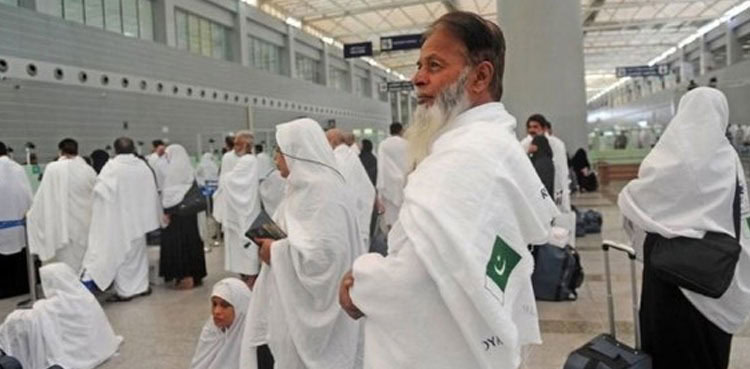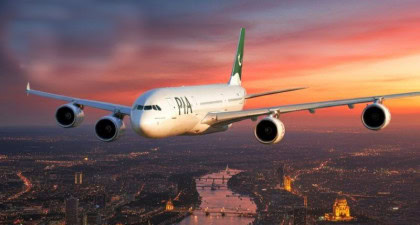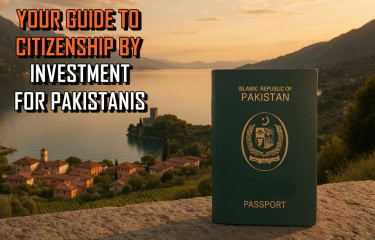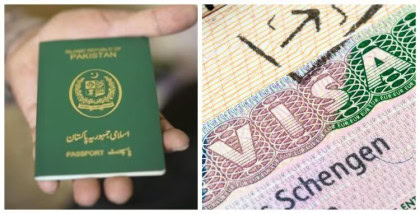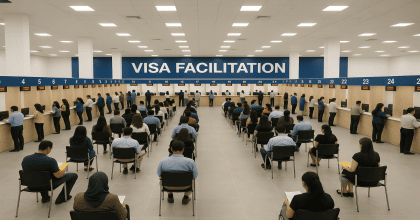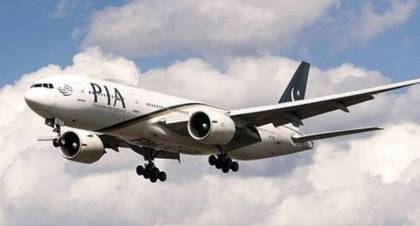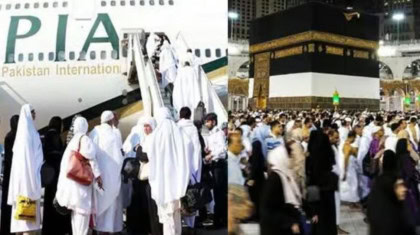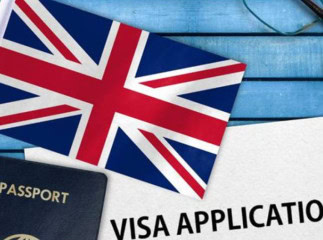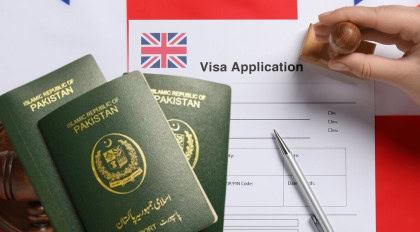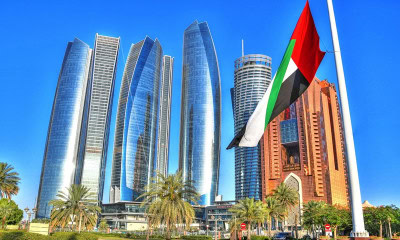RIYADH – The annual Hajj pilgrimage for 2025 has officially commenced, with thousands of pilgrims from around the world beginning to arrive in Saudi Arabia.
The holy Kingdom has launched comprehensive logistical and administrative operations to accommodate millions of Muslims expected to perform Hajj over the coming days.
As preparations intensify, the Saudi Ministry of Hajj and Umrah has issued a firm directive to all pilgrims to carry the Nusuk Card at all times during the pilgrimage.
In an official statement, the Ministry described the card as an essential Hajj permit that plays a central role in managing pilgrim movement across Makkah and the key holy sites of Mina, Arafat, and Muzdalifah.
Saudi authorities say the card also ensures that critical services—including accommodation and transportation—are delivered efficiently.
The Nusuk Card contains key personal details, including the pilgrim’s lodging arrangements in Makkah and Madinah, the names of service providers, and assigned temporary residences throughout the Mashair region.
Officials stress that the card enables swift identification of lost or disoriented pilgrims and helps guide them safely back to their accommodations, making it a vital tool for both security and care.
This year, Saudi Arabia is expected to host over 2 million pilgrims for Hajj. Among them, more than 110,000 pilgrims are expected to arrive from Pakistan though over 60,000 more pilgrims could have performed Hajj had private tour operators in the country complied with the guidelines issued by the Saudi government.
Pakistan’s Hajj airlift began last month and will run for a few weeks, with Pakistan International Airlines (PIA) set to operate over 270 dedicated flights to carry more than 56,000 pilgrims traveling under both government and private arrangements.
For 2025, the government has set the Hajj package cost at Rs1.15 million for short-duration pilgrims, while those opting for the longer stay will pay PKR 10,75,000.

